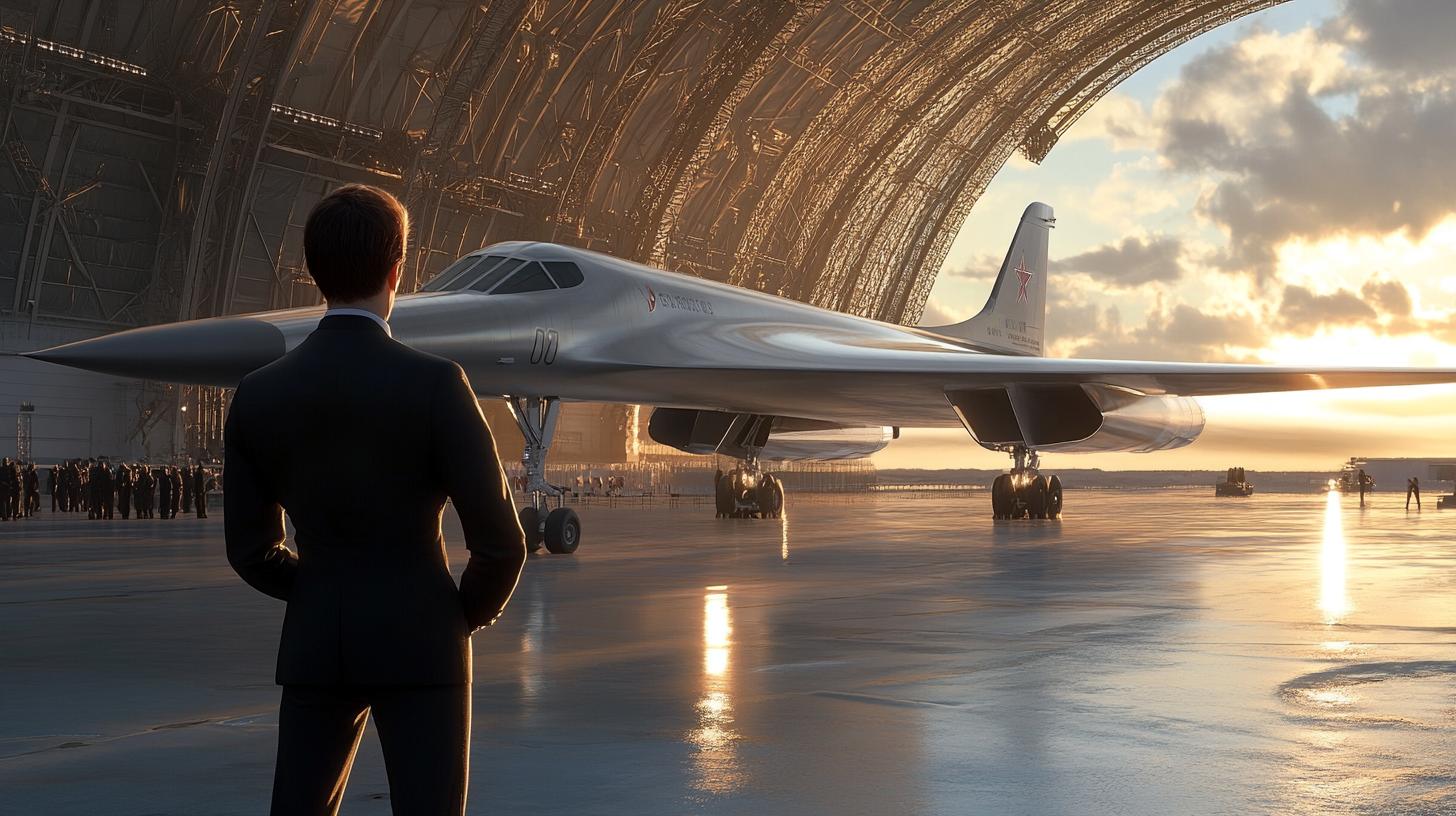The Tu-160 Blackjack, the largest supersonic bomber ever built, is no longer just a relic of the Cold War. With the integration of new technologies, the legendary aircraft is taking on an enhanced role in contemporary military strategy. Recent advancements in avionics, materials, and armaments are fundamentally transforming the capabilities of this iconic platform.
Originally developed by the Soviet Union in the 1980s, the Tu-160 was revered for its unmatched speed and payload capacity. Today, thanks to ongoing modernization efforts by Russian aerospace industries, this strategic bomber is being equipped with cutting-edge technologies that enable it to compete in 21st-century battlefields. These upgrades include advanced stealth coatings, more efficient engines, and state-of-the-art radar systems, enhancing its ability to evade detection and operate across vast distances.
A significant feature of the upgraded Tu-160 is its integration with advanced digital avionics systems that improve navigation accuracy and mission flexibility. Additionally, new weapon systems are being incorporated, allowing for more precise and diversified sorties. Hypersonic missiles and long-range precision weapons enhance the Blackjack’s strike capabilities, making it an increasingly vital asset for modern military forces.
As geopolitical tensions rise globally, the Tu-160’s transformation highlights how sustained innovation can breathe new life into aging technologies, ensuring they remain relevant in a rapidly evolving defense landscape. This underscores a broader trend in military aviation where legacy systems are reimagined to meet the challenges of the future.
The Secrets Behind the Resurgence of the Tu-160: Unveiling its Modern Impact
While the revamped Tu-160 Blackjack bomber garners attention for its technological upgrades, the broader implications of this modernization on global security dynamics are often overlooked. Beyond its enhanced capabilities, this transformation raises significant questions about the role of legacy military systems in current geopolitical tensions.
How does this impact global security frameworks? The improved Tu-160 signifies a shift in defense strategies, encouraging countries to revisit and possibly refurbish their existing arsenals instead of developing entirely new technology. This approach can yield significant cost savings yet still bolster military readiness, potentially leading to an arms race focused on modernization rather than expansion.
What’s the significance for local communities and economies? Regions hosting aerospace manufacturing facilities benefit economically from ongoing modernization projects like the Tu-160’s. However, this also highlights the dual-edged sword faced by communities that become reliant on military contracts, as it might stifle diversification in local economies.
Are there potential controversies? The modernization of Cold War-era bombers could spark debates about escalation in military capabilities under the guise of innovation. Critics might argue that such projects prioritize defense spending over humanitarian pursuits in nations with complex socio-economic challenges.
What are the pros and cons of this trend? While reinvigorating older technologies can enhance a nation’s defense capabilities at a lower cost, it risks sidelining essential civilian technological advancements. Moreover, the reliance on upgraded legacy platforms might overshadow the pursuit of collaborative international security solutions.
For more insights into military technology trends, visit Jane’s.







